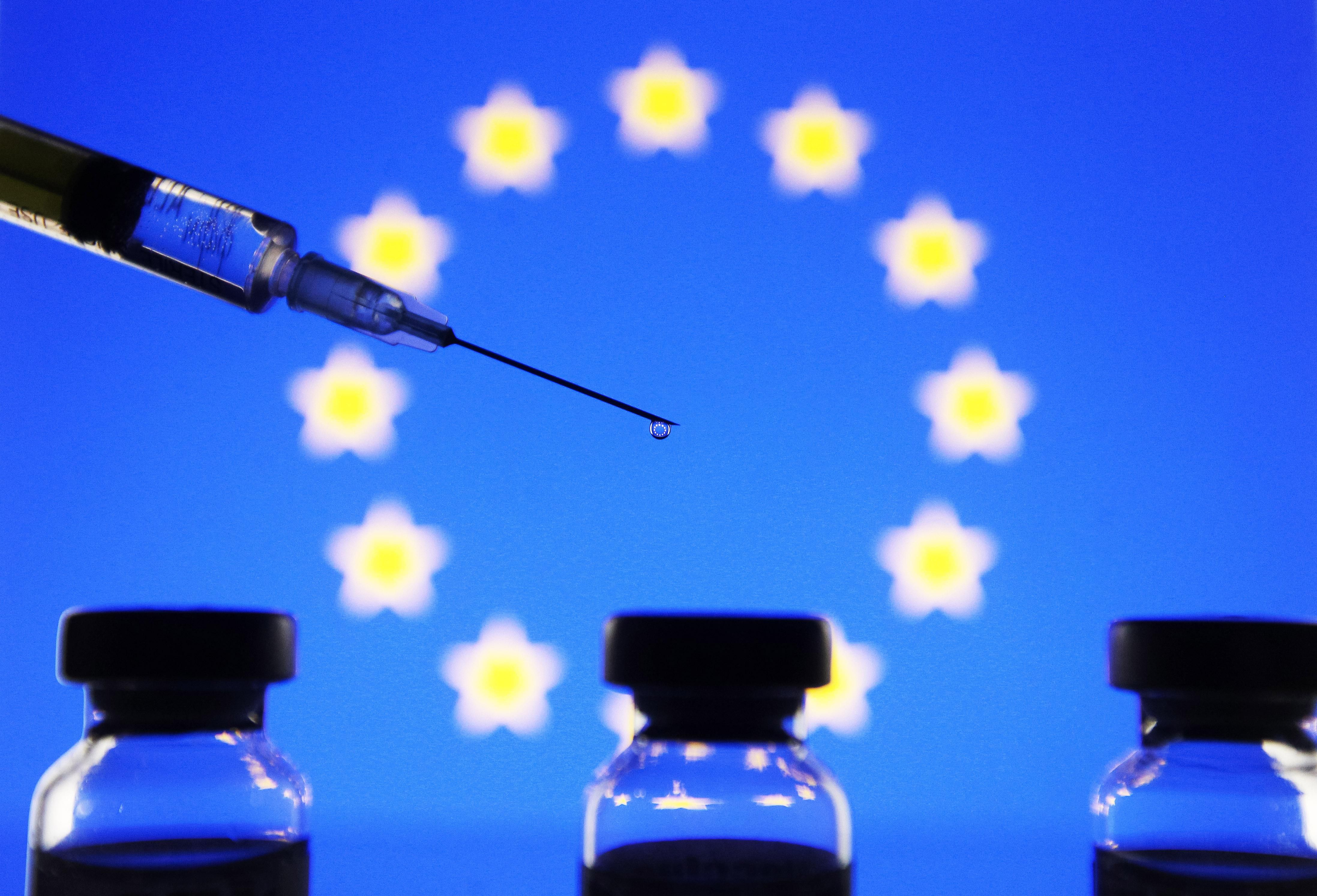What We’re Watching: EU vaccination campaign, Indian farm bill talks, two elections in Africa
EU rolls out vaccines: As COVID-19 cases and deaths continue to rise throughout the European Union, the bloc on Sunday officially kicked off its campaign to vaccinate roughly 450 million EU residents against the disease. But even as shoulders are bared for the needle across the Union, two fights are already brewing about the process. First, Italy is concerned that Germany may be getting more than its fair share of the precious shots based on its population — as agreed to by EU member states — because a German company, BioNTech, jointly developed the EU-approved vaccine with US pharmaceutical giant Pfizer. Second, problems with maintaining the drugs at the required ultra-cold temperature have already led to vaccination delays in Spain. The challenges now are to ensure all EU member states inoculate their residents at a similar pace, to overcome vaccine skepticism across the bloc, and to avoid shortages while waiting for other vaccine candidates to get approved.
A meeting about a meeting with India's farmers: Leaders of farmers' unions in India are sitting down on Tuesday with officials in a bid to organize yet another round of formal negotiations (the seventh, to be precise) with the government about new agriculture laws that farmers say pose a threat to their livelihoods. Mass protests and sit-ins have been going on for weeks now, led by farmers who worry that the laws — which permit farmers to sell their crops more freely — will put them at the mercy of large agriculture companies that can drive down prices and put them out of business. Talks have so far come to nothing: the government has signaled a willingness to revise the laws, but the farmers seek a complete repeal as a starting point for talks. With roughly 60 percent of India's population dependent on the agriculture sector for income, the issue has emerged as a huge political challenge for the otherwise popular government of Prime Minister Narendra Modi.
Two elections in Africa: The citizens of two long-troubled African nations — the Central African Republic (CAR) and Niger — went to the polls on Sunday in elections seen as a test for democracy amid widespread threats of violence. In the mineral-rich CAR, incumbent President Faustin-Archange Touadéra's reelection bid has been overshadowed by the constitutional court's decision to ban his predecessor François Bozizé (ousted six years ago during the country's civil war) from running against him. Armed supporters of both Touadéra and Bozizé have threatened to march on the capital, Bangui, if their candidate doesn't win. Meanwhile, Niger is preparing for its first-ever peaceful transition of power. President Mahamadou Issoufou, who is voluntarily stepping down after two terms, is expected to be succeeded by his handpicked successor Mohamed Bazoum, although two former presidents are also looking to return to power. The wider problem in Niger is fresh attacks by jihadists, who have been wreaking havoc across the country and the entire Sahel region since 2015. We're watching to see if both elections are conducted smoothly, and if the peace holds after results are announced.